Search Results
Showing results 1501 to 1520 of 1740
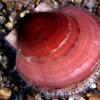
The Scoop on Scallops
Source Institutions
In this data analysis activity, learners quantify the abundance and distribution of sea scallops in and adjacent to the Mid-Atlantic closed areas.

Our Chemical Senses: Olfaction
Source Institutions
In this activity, learners investigate the olfactory system by conducting several experiments.
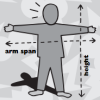
Are you a Square or a Rectangle?
Source Institutions
In this activity, learners investigate whether more people are squares or rectangles. People with similarly sized heights and arm spans are classified as squares.
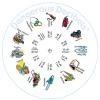
How Loud is Too Loud
Source Institutions
In this activity (described on pages 39-42 of PDF), learners make a paper wheel (on pages 57-60 of PDF) that shows them the relative loudness of different sounds.
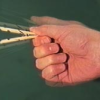
Clothespin Workout
Source Institutions
This is a great activity about human energy production. Learners will work out with a clothespin to investigate why hockey players jump on a stationary bike after an intense game.
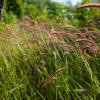
Habitat Observations
Source Institutions
In this outdoor activity, learners discover the wonders of the habitat surrounding them.

Magic Wand
Source Institutions
In this activity about light and perception, learners create pictures in thin air.
The Ripple Tank
Source Institutions
In this optics activity, learners create a ripple tank from household materials to study waves. Learners build the tank and then explore by making various types of waves.

Chromosome Shuffle
Source Institutions
Role-playing the parts of chromosomes and centrioles, learners use large chromosome models and nylon cords (spindle fibers and cell membranes) to walk through the processes of mitosis and meiosis.
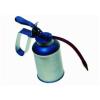
Pesticides and Eggshell Thinning
Source Institutions
This lab activity is about toxic substances like pesticides and their effects on biological systems. The activity starts with an introduction of how birds sequester calcium to make an egg.
Polarized Light
Source Institutions
In this optics activity, learners experiment with polarizers (small dark rectangles) to examine light intensity.
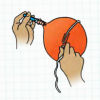
Breathing Room
Source Institutions
In this health activity, learners explore breathing, lungs and asthma. Learners test their lung capacity by blowing air into balloons.

Designer Ears: Make “better” ears!
Source Institutions
Find out what it would be like to have ears shaped differently from your own! Design and make different animal ears then try them out.
Sea State: Forecast Conditions at Sea
Source Institutions
In this oceanography and data collection activity, learners cast real time sea state conditions using buoys from NOAA's National Data Buoy Center.
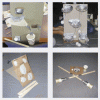
Get-Moving Game
Source Institutions
In this invention challenge activity, learners create an indoor game for one or two people that gets you moving.

Seed Orbs
Source Institutions
In this activity, learners will make seed orbs to grow new trees and plants. Learners will explore ecology and life cycles as well as stewardship through this activity.
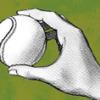
Helping Hand
Source Institutions
In this invention challenge activity, learners see how many objects they can grab with a homemade "bionic" arm.

Extinct!: Are You Smarter than a Plant?
Source Institutions
In this online activity, learners find out whether they are smart enough to survive as a plant.
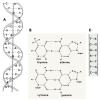
DNA the Easy Way
Source Institutions
This demonstration can be used to help learners visualize DNA by lysing (breaking open) bacterial cells on a slide and “stringing up” the DNA with a toothpick in less than one minute.
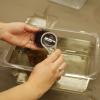
Tide Pool Survival
Source Institutions
In this activity, learners observe tide pool animals in a touch tank to consider how they survive.
